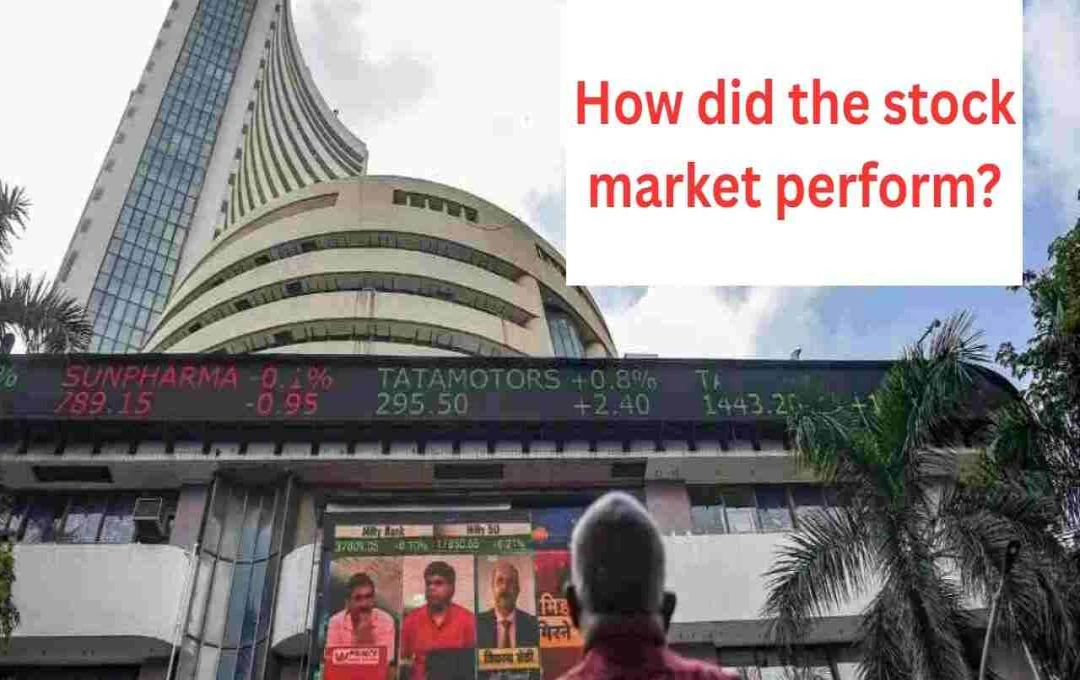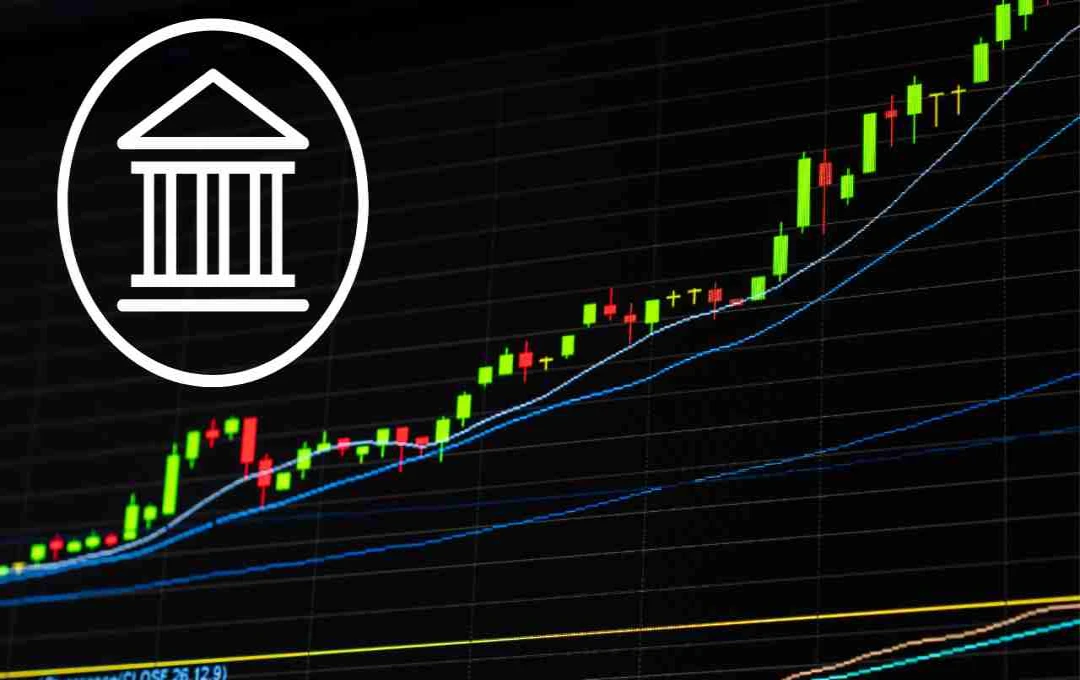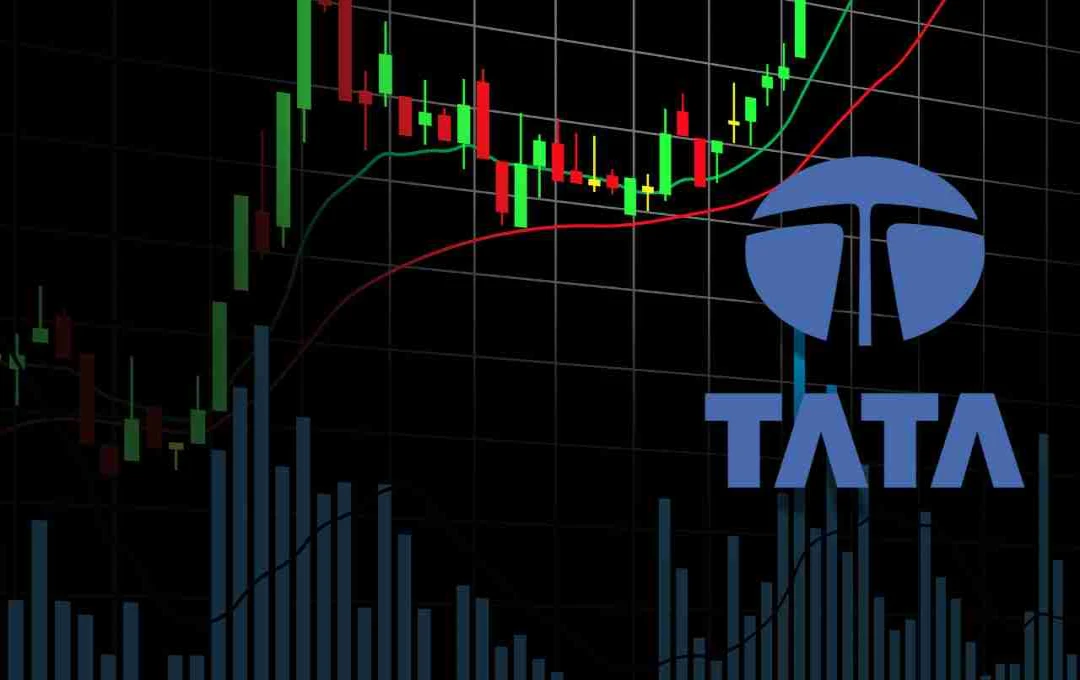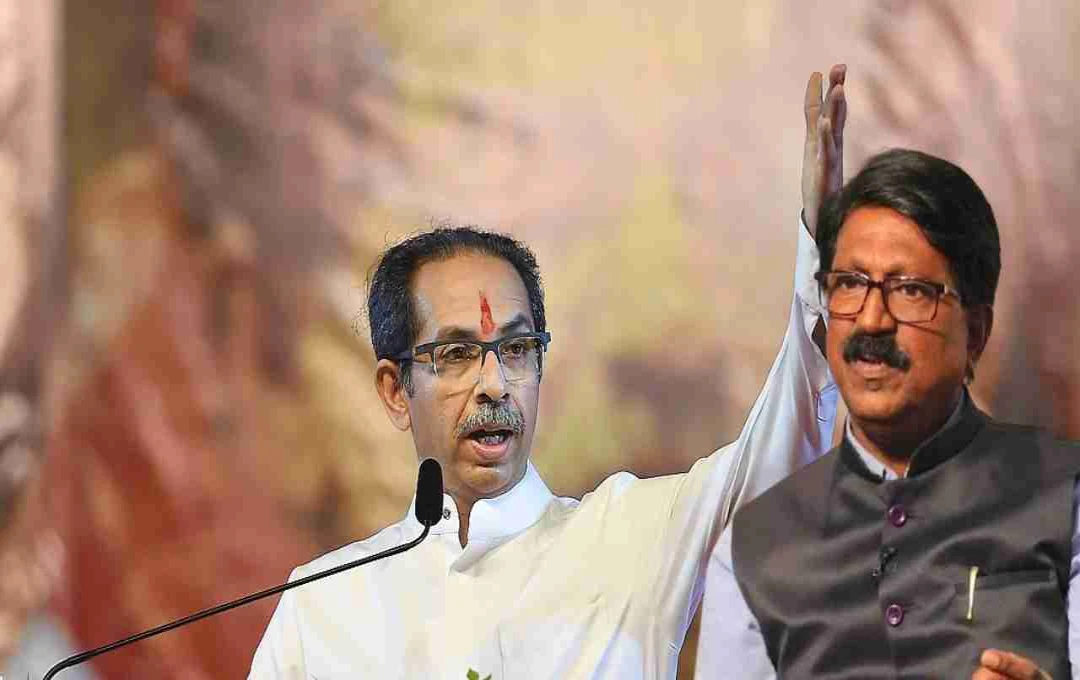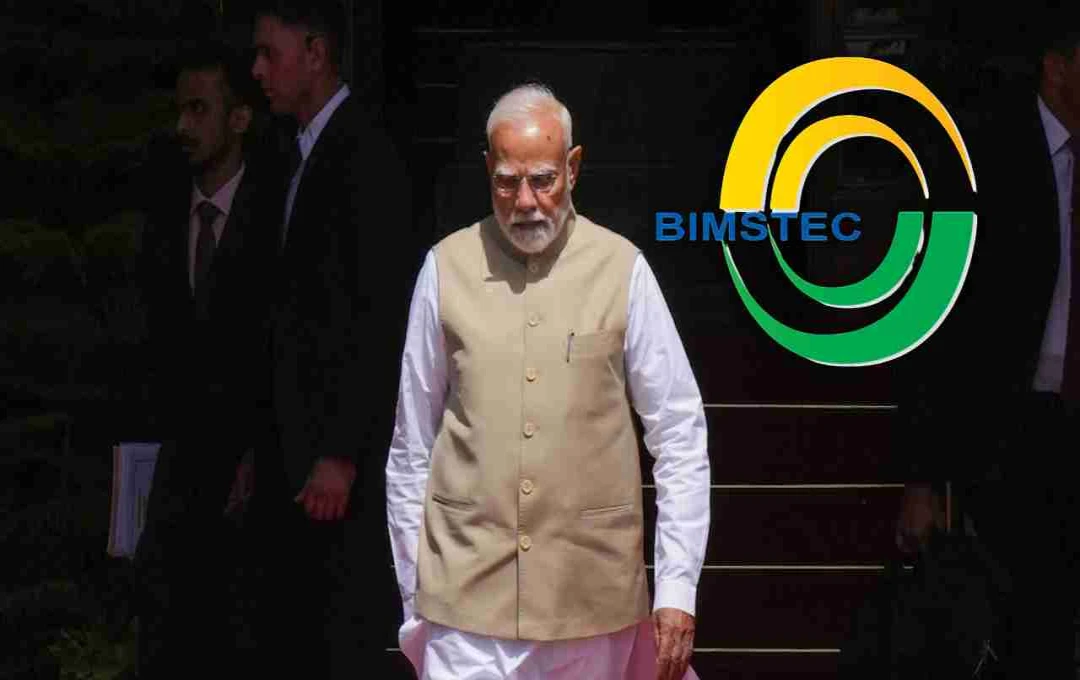Today, April 1st, the Indian stock market witnessed a significant sell-off, causing the Sensex to plummet by over 500 points. A sluggish market atmosphere prevails at the start of fiscal year 2025-26, primarily fueled by apprehension over the impending implementation of reciprocal tariffs by former US President Donald Trump, starting April 2nd.
Business News: The Indian stock market's new fiscal year began poorly on Tuesday, April 1st. The market opened with a sharp decline on the first day of fiscal year 2025-26. The BSE Sensex opened at 76,882.58 points, down 532.34 points, while the NSE Nifty 50 index also opened at 23,341.10 points, down 178.25 points.
This decline follows the Sensex's loss of 191.51 points (0.25%) to close at 77,414.92 points and the Nifty's drop of 72.60 points (0.31%) to close at 23,519.35 points on Friday, the last trading session of fiscal year 2024-25. This market downturn has caused investor concern, and all eyes are now on the market's performance in the coming days.
Sensex Plunges by 500 Points

The BSE Sensex opened today at 76,882.58 points, down approximately 500 points, while the NSE Nifty was trading at 23,341.10 points, down 178 points. This decline particularly impacted the auto, IT, and telecom sectors, which saw widespread selling. Of the 30 Sensex companies, 20 are trading in the red, while only 10 are in the green.
Interesting Movement in Vodafone Idea
However, Vodafone Idea shares saw an increase in today's trading. Additionally, some other companies, such as NTPC, Mahindra & Mahindra, and ICICI Bank, also saw slight improvements.
Slight Gains in Small-Cap and Mid-Cap Stocks
Small-cap and mid-cap stocks saw slight gains, offering some relief to investors. However, overall, a significant decline prevails in the Indian stock market. Investors are advised to exercise caution in their investments and assess the impact of US tariff policies. The threat of reciprocal tariffs imposed by former US President Donald Trump has increased volatility in global markets. These tariffs could pose challenges for Indian companies, particularly those engaged in trade with the US.
